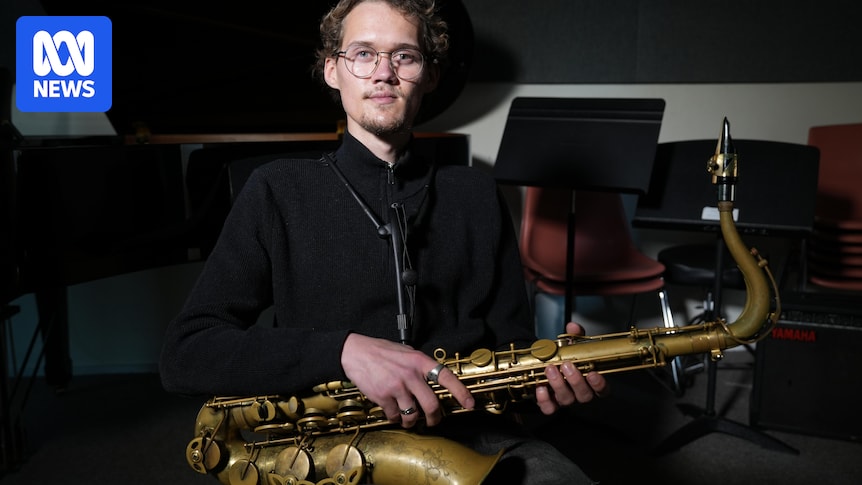
In a move that has sparked widespread debate, the Australian National University (ANU) is proposing a major restructuring plan that would see its renowned School of Music absorbed into a new department. The proposal, aimed at curbing a significant budget deficit, has been met with strong opposition from students and faculty alike.
Oliver Djurkovic, a Masters of Music student from Serbia, expressed his disbelief at the university’s decision to eliminate one-on-one instrumental lessons. “Getting rid of one-on-one instrumental lessons at a music school defies any logic of how a music school should operate,” he said. The restructuring is part of ANU’s efforts to address a projected $200 million deficit, with Vice-Chancellor Genevieve Bell announcing a plan to save $250 million through a “smaller university” model.
The proposal suggests relegating the School of Music to a “programme” status within a new School of Creative and Cultural Practice. This change would involve a shift in focus from traditional performance-based education to areas like music production, technology, and Indigenous music. Seven positions, including those in performance, composition, and musicology, are slated for elimination.
Student and Faculty Reactions
The announcement has not been well-received by many within the ANU community. Djurkovic, who moved continents to study at ANU, described the changes as “outrageous” and “catastrophic” for students’ professional development. “I, like others, have taken on debt to go to this university, we’ve poured blood, sweat, and tears to get in,” he lamented.
Meanwhile, Peter Tregear, a former head of the School of Music, criticized the proposal, emphasizing the importance of maintaining the school’s traditional teaching model. “Some of the motivations for pushing in this direction are not pedagogical, they’re economic,” Tregear stated. He highlighted the high costs associated with the one-on-one teaching model but argued that its educational value is irreplaceable.
Broader Context and Implications
The restructuring at ANU is not happening in isolation. It follows a broader trend in higher education where financial constraints are prompting institutions to reconsider traditional models. However, the changes at ANU are particularly controversial given the university’s recent history. An independent review, known as the Nixon Report, recently exposed widespread issues of harassment and bullying within the university, raising questions about its governance and priorities.
The Nixon Report found harassment and bullying were “widespread practices” with little or no consequences.
Lachlan Clohesy, the National Tertiary Education Union ACT division secretary, echoed concerns about the restructuring, arguing that it undermines the distinctiveness of ANU’s music program. “This is the latest attempt by a vice-chancellor to try to save a few bucks by trashing something that’s really important,” Clohesy said.
University’s Perspective and Future Outlook
Despite the backlash, ANU officials maintain that the changes are necessary for the long-term viability of the music program. Kate Mitchell, director of the Research School of Humanities and the Arts, emphasized the need for modernization. “The ANU remains committed to having music as part of its programs,” she stated, adding that the proposal aims to integrate music with broader creative disciplines.
Mitchell acknowledged the financial pressures but insisted that the restructuring is not solely about cost-cutting. “The proposal changes that the School of Music has made to its curriculum tries to have a more holistic approach to performance,” she explained. The new model aims to reflect contemporary trends in music-making, which are increasingly interdisciplinary and technology-driven.
As the debate continues, affected staff have been given three weeks to provide feedback on the proposal. Meanwhile, students, including those in the “No Cuts at ANU” group, are preparing to protest the changes when classes resume. The outcome of these discussions will likely shape the future of music education at ANU and could have broader implications for the university’s reputation and student enrollment.
While the university insists that music will “flourish” under the new structure, the controversy highlights the challenges faced by educational institutions in balancing financial sustainability with academic integrity and tradition.





